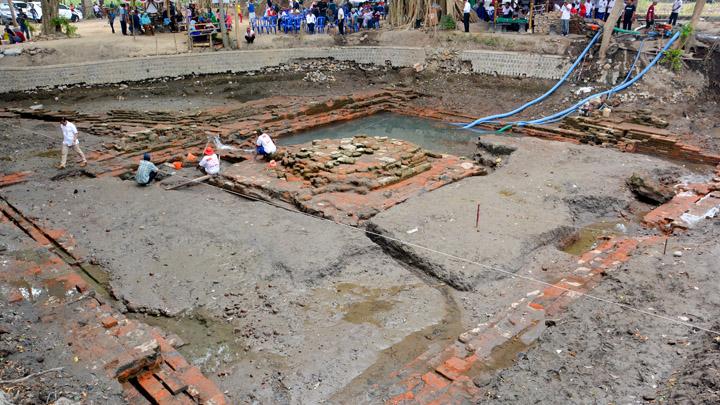
TEMPO.CO, Jakarta - Persons with disabilities living in Indonesia are subjected to limited public access and a dearth of employment opportunities, not to mention the public’s lack of awareness and general insensitivity. But many are taking action to offer mutual support and improve the quality of life of the diffabled. In Ubud, Bali, the Senang Hati Foundation empowers students, both physically and mentally, at its unique school. In Mamuju, West Sulawesi, the Independent Diffabled Movement constantly reminds the government to heed the needs of the diffabled. In Makassar, South Sulawesi, they are breaking boundaries through a variety of activities, including mountain climbing. In commemoration of the International Day of the Diffabled last December, Tempo English reports.
Learning to Bear the Burden
In Ubud, Bali, the Senang Hati Foundation is working to improve the skills of its diffabled students. Some of the program’s graduates have gone on to work outside the province.
When Sang Ayu Nyoman Puspa was a teenager, she tried to end her life by taking poison. Luckily, her parents were able to stop her.
Ayu, who had been "shackled" at home for years, dreamed of seeing more of the world than just her village in Ubud subdistrict, Gianyar, Bali. She and her sibling, three years older than her, were diffabled since both were in elementary school, when Ayu was eight years old. "We had polio," said the now 38-year-old woman.
The virus paralyzed Ayu’s leg muscles. She could no longer walk to school, nearly an hour away by foot from home. She would force herself to go to school but would often fall along the way. Finally, her parents decided to keep her and her older sibling at home.
Ayu felt her self-confidence waning. She had no friends because she was stuck at home and didn’t have crutches nor a wheelchair for going outside. Before long, she started praying for an early death to escape frustration and to end her parents’ troubles. Whenever she became ill, she was reluctant to go to the doctor. "I was so depressed I just wanted to die," she said. She also attempted suicide several times. Fortunately, people were able to catch her in time.
Today, she’s grateful her suicide attempts were unsuccessful. She has now seen more than just Bali. Ayu, who uses a wheelchair, has visited several cities in Indonesia: Kupang (East Nusa Tenggara), Jakarta, and Mataram (West Nusa Tenggara). She took these trips after joining the Senang Hati Foundation based in Ubud.
Ayu went to these places as a speaker for the rights of the diffabled. "We want more diffabled people to realize they are not alone and are also capable of having achievements," said Ayu, the foundation’s secretary.
Ayu first heard about the Senang Hati Foundation when it was still in inception at the start of 2000. A friend visited to inform her about the initative, but she didn’t join right away. Later that same year, Ayu was approached by the foundation’s founder, Ni Putu Suriati, 52, who had heard about her condition.
At the foundation, Ayu immediately began taking a number of courses and learned English, computer, handicraft, music and dancing, and even public speaking. She also obtained an elementary school-equivalent certificate. "I stopped feeling like a primitive person," she said with a laugh.
According to I Wayan Sukadana, the foundation’s manager, their organization aims to give the diffabled the opportunity to enjoy achievements. This is why the Senang Hati Foundation has consistently and actively performed efforts in education since its formation.
Read more inspiring Outreach stories in Tempo English Weekly Magazine























